 Loading... Please wait...
Loading... Please wait...Bilberry Extract
Product Description
-
Guaranteed Potency Extract
36% Anthocyanosides
60mg, 60 Vegetarian Capsules- Anti-Oxidant Support for Healthy Vision and Eye Function
- Promotes Visual Acuity and healthy eye function
- Supports and protects vision
- Protects Tissue Integrity within the Eyes from the Normal Age-Related Oxidative Stress
The dried berries and leaves of bilberry have been recommended for a wide variety of conditions, including scurvy, urinary tract infections, kidney stones, and diabetes. Perhaps the most sound historical application is the use of the dried berries to treat diarrhea. Modern research of bilberry was partly based on its use by British World War II pilots, who noticed that their night vision improved when they ate bilberry jam prior to night bombing raids.
Anthocyanosides, the flavonoid complex in bilberries, speed the regeneration of rhodopsin, the purple pigment that is used by the rods in the eye for night vision. While earlier trials suggested that taking bilberry could benefit people with night blindness, more recent trials with healthy volunteers have found no effect of bilberry on night vision. Preliminary human trials conducted in Europe show that bilberry may prevent cataracts, and may even help to treat people with mild retinopathies (such as macular degeneration and diabetic retinopathy). Anthocyanosides are potent antioxidants. They support normal formation of connective tissue and strengthen capillaries in the body. Anthocyanosides may also improve capillary and venous blood flow. Bilberry may also prevent blood vessel thickening due to diabetes.
Bilberry protects cholesterol from oxidizing in test tubes. While this action is thought to help prevent atherosclerosis, no human trials have studied whether bilberry may be useful in the regard.

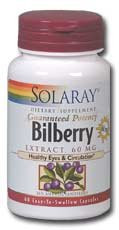


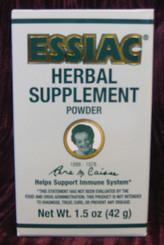
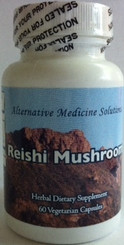
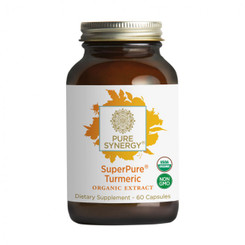
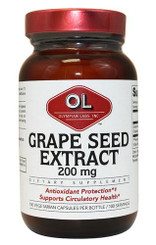

 Our newsletter
Our newsletter